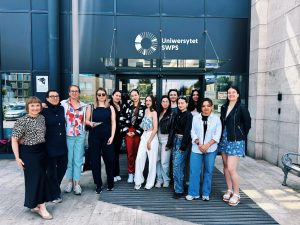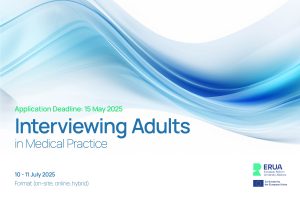
Keywords: inclusion, impact, participatory methods; capacity-building
Family law cases are often conflict-ridden with negative consequences for children’s well-being and development. There is a need to create space for better and broader child involvement, with a focus on the child’s right to understand, express and have their experience of the situation taken into account. The purpose of the project is to strengthen and qualify family law work by producing new scientific knowledge about the dynamics which shape children’s (un)well-being, as well as research-based implementation of this knowledge and new methods. The project is 3 years long and is carried out in close collaboration between FRH, Absalon University College (PHA) and Roskilde University (RUC). The project is advised by 2 advisory boards: A children’s advisory board with children who have experience with the family law system, and an adult advisory board with researchers, practitioners and life experts.
This project actively engages children, their voices and narratives, when researching their needs. Hanne highlights that employing participatory and inclusive methods when doing research with children implies creating a new “procedure of listening”. To generate a nation-level social impact, in the implementation stage the project engages other societal actors in order to implement changes in juridical decision making. For example, the project develops resources for capacity-building to educate judges in including the voice of children. Hence, societal impact through engaging research, following Hanne, aims at changing the professional culture where previously children were not included in decision making processes.
Additional Information
inclusion, impact, participatory methods; capacity-building
Project: Strengthened involvement of children in the family law system – Connection between children’s everyday life and practice in the Family Court

